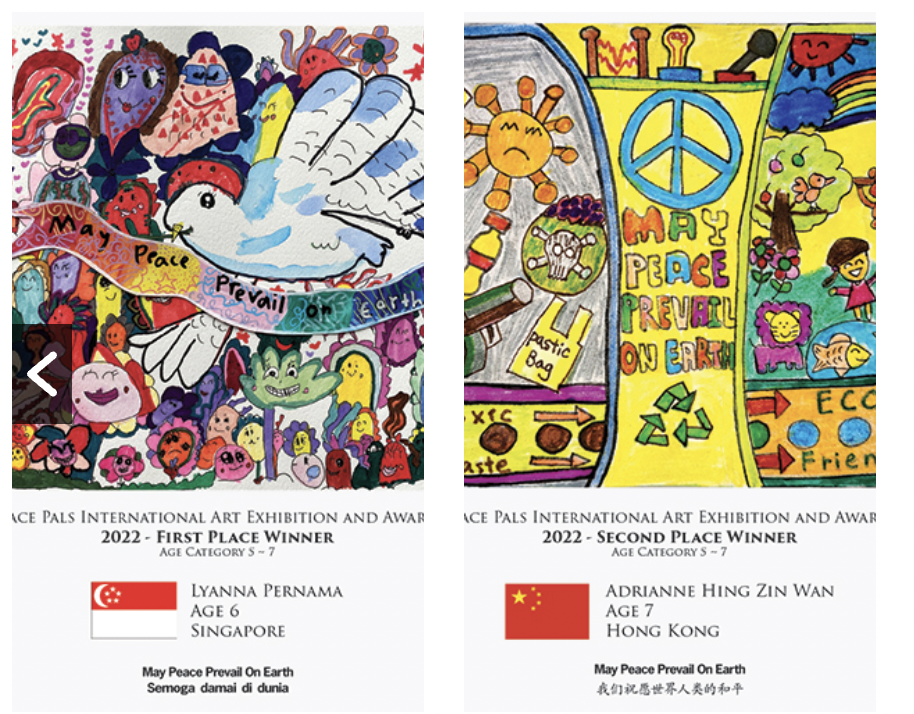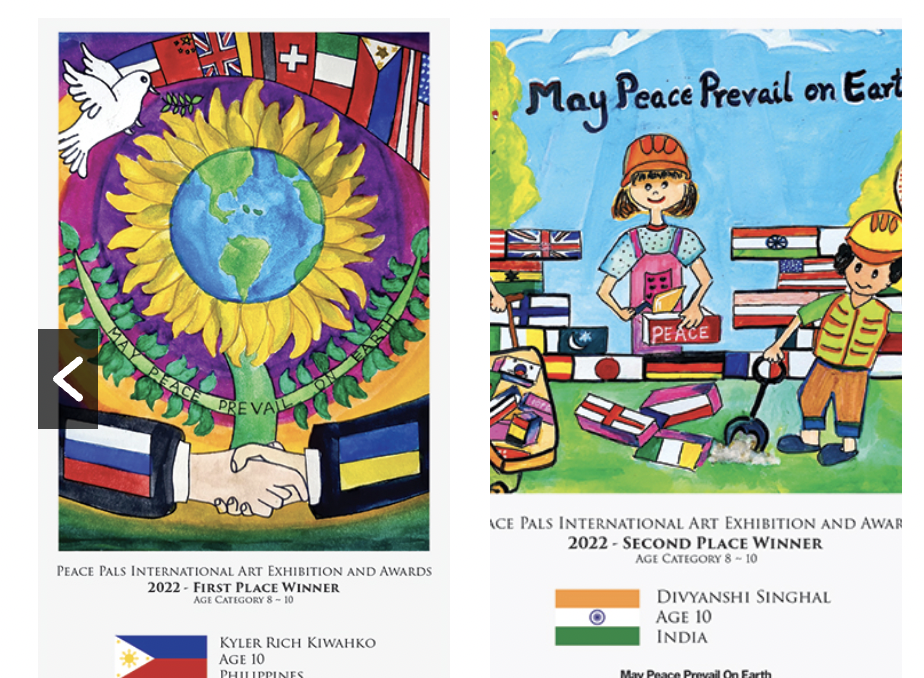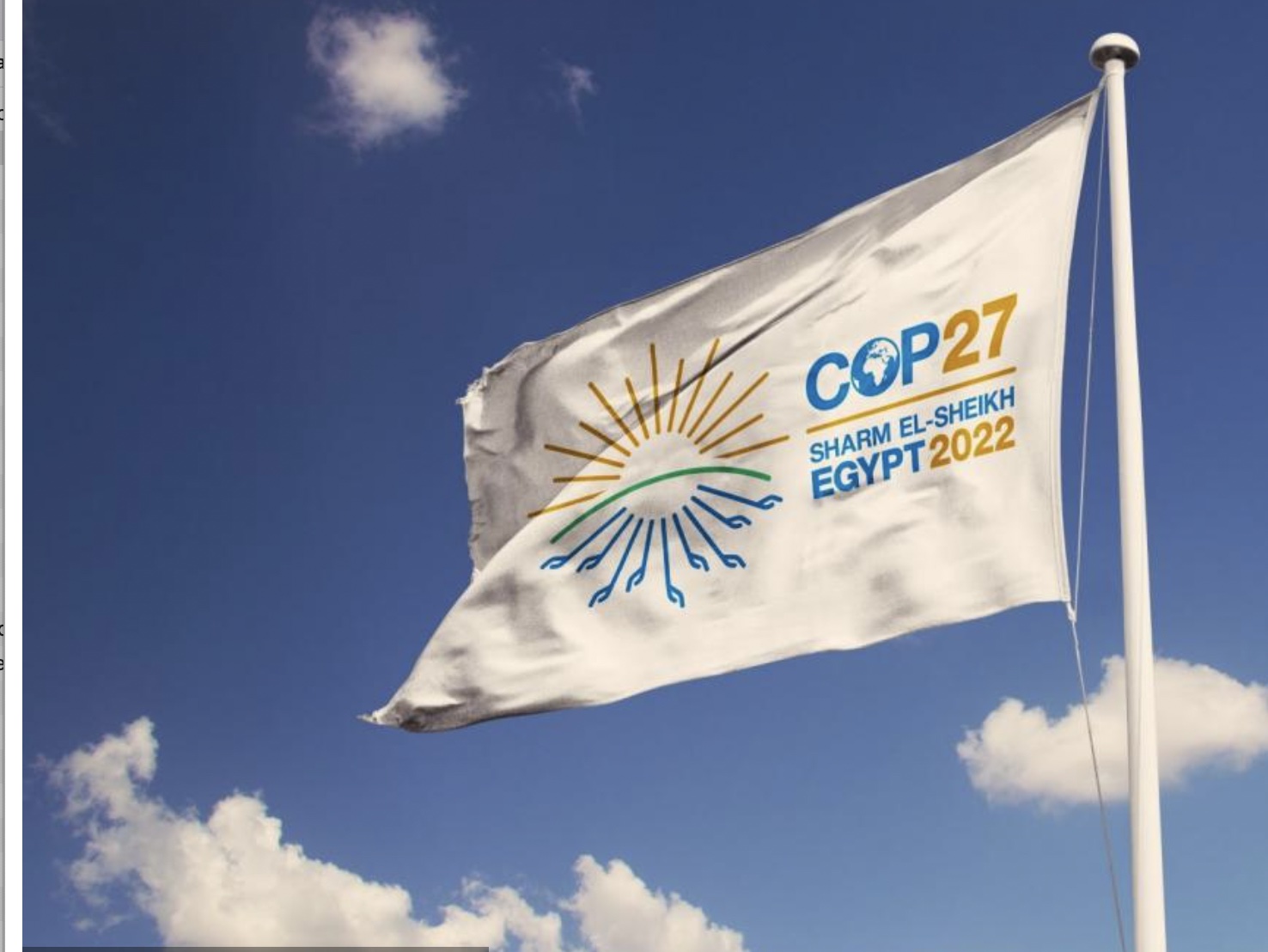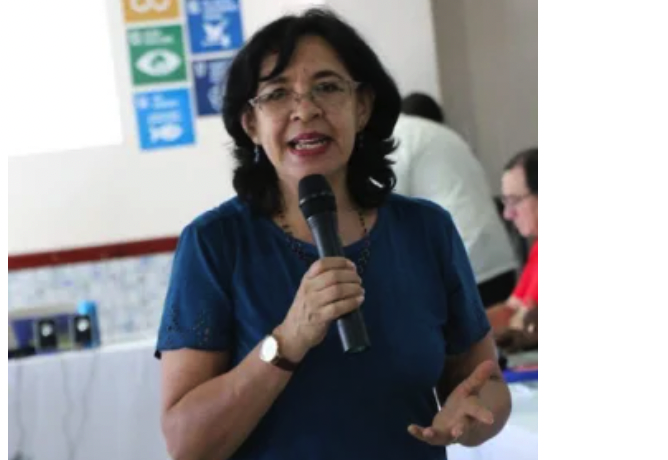DISARMAMENT AND SECURITY .
An article from the United Nations
In a world where “old evils – antisemitism, anti-Muslim bigotry, persecution of Christians, xenophobia, and racism – are receiving new leases on life”, the UN Alliance of Civilizations is helping to show the way on how to act in solidarity, UN Secretary-General António Guterres, said on Tuesday.
Mr. Guterres was speaking at the opening of the 9th Global Forum of the UN Alliance of Civilizations (AOC) which is taking place in Fez, Morocco.
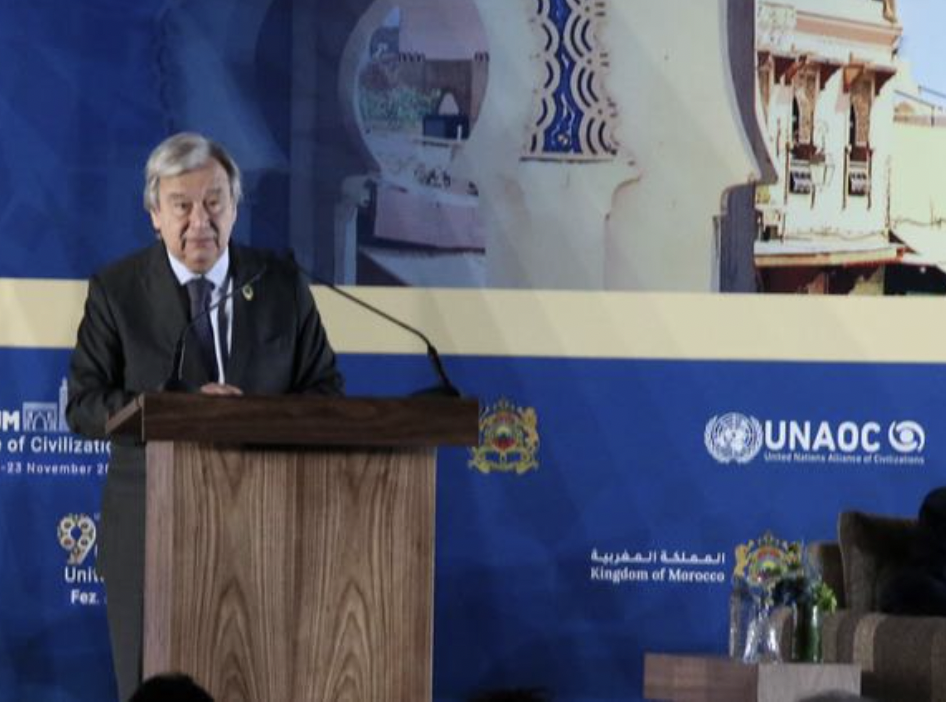
“The forces of division and hate are finding fertile ground in a landscape marred by injustice and conflicts,” said Mr. Guterres calling for the creation of an alliance of peace through recognizing “diversity as richness” and investing in inclusion; and making sure that “all of us – regardless of race, descent, origin, background, gender, religion, or other status – can live lives of dignity and opportunity.”
“The Holy Quran teaches us that God created nations and tribes ‘so that we might know one another’,” said UN Secretary-General urging at this time of peril, to be inspired by the essence of these meanings and “stand together as one human family – rich in diversity, equal in dignity and rights, united in solidarity.”
‘Clash of interests and ignorance’
Miguel Angel Moratinos, the UNAOC High Representative, recalled the thesis of prestigious American political scientist Samuel Huntington, in his famous lecture on the “clash of civilizations,” but gave his views on the idea.
Mr. Moratinos asserted that “international conflicts cannot be the sole consequence of religion, culture or civilizations. It must be stated bluntly: there is no clash of civilizations. There is a clash of interests and a clash of ignorance.”
For the High representative, the world is not facing a clash of civilizations, because the world of the 21st century is global and interconnected. Hence, “we are one humanity facing multiple global challenges.”
“The recent crises affecting the international community have shown us that there are no borders that can stop viruses and wars, whether they occur in Europe or in any other corner of the world,” Mr. Moratinos stated, noting further that, “a regional war, the war in Ukraine has affected the peace and stability of the entire international order.”
“In the face of defending tolerance, let us defend mutual respect. In the face of defending coexistence, let us defend living together: “convivencia” [coexistence].
Indeed, he said: “In the face of defending minorities, let us defend the equal rights of all citizens; In the face of exclusion and separatism, let us defend inclusion and fraternity; In the face of only a dialogue of civilizations, let us engage ourselves in an Alliance of Civilizations, in a collective commitment.”
‘Politics speaks to citizens, religion speaks to their souls’
The Forum takes place against the backdrop of an extremely complex global context marked by myriad challenges, ranging from the surge in violent extremism, terrorism, xenophobia, hate speech to racism, discrimination, and radicalism, among others.
Over 1,000 representatives from nearly 100 countries participated in the event, including Advisor to the King of Morocco, André Azoulay, who delivered a powerful message of solidarity on behalf of th4e King, focusing on the importance of finding pathways to peace, unity and solidarity, and how Fez and wider Morocco embodied these values.
(Click here for a version of this article in Spanish)
Question for this article:
What is the United Nations doing for a culture of peace?
“Morocco is built around a model of openness, harmony and synergy that has seen the convergence of Arab-Islamic, Amazigh and Saharan-Hassanian confluents, and that has, at the same time, been enriched by African, Andalusian, Hebrew and Mediterranean tributaries,” he said.
In his remarks to the Forum, Mr. he explained that Morocco was committed from the beginning has been committed to this avant-garde and has remained there with constancy through: Firstly, promoting openness as a pillar of the culture of peace; secondly, living religion as a vehicle of peace; thirdly, working for development – in the broadest sense of the term – as an ingredient for peace.
“Politics speaks to citizens, religion speaks to their souls, dialogue speaks to their civilizations”, stressed Mr. Azoulay, adding that there is really no point in carrying out major projects “if we do not manage to go beyond this first link in the chain of ‘living-together’, in the name of a single humanity, which puts back human beings at the center of its concerns.”
On the margins of the Forum, the PLURAL+ Youth Video Festival, a joint initiative between UNAOC and the International Organization for Migration (IOM), with a network of over 50 partner organizations worldwide that support the creative efforts of young people and distribute their videos worldwide, took place today.
This festival aims at encouraging and empowering youth to explore the pressing social issues of migration, diversity, social inclusion, and the prevention of xenophobia and to share their creative vision with the world.
“We are in our 14th year of collaboration with our friend and partner UNAOC for the PLURAL+ Youth Video Festival,” said Antonio Vitorino, Director General of IOM.
“We share their commitment to promote the benefits of safe migration, to better the inclusion of migrants, and particularly young migrants, and to improve the misleading narratives that generate negative perceptions of migrants, and which are, concerningly, too often popularized in contemporary media,” he added, congratulating the young participants who received today.
After receiving his award for his short film Adventure in Other Seas, Twelve-years old Ariel Pino, from Spain, spoke on behalf of his colleagues Diego, Paula and Danie, thanking the jury for their recognition.
Their film is about a fish who decided to migrate from its community to another, and the hardship it faced along the way but also the bad treatment from the fishes in the new community.
Ariel pointed out that they learnt many things while making their film:
“First is to put ourselves in the place of the people who are crossing the sea; and second is to contribute to the new community that we migrate to. And most importantly we learn that we shall be good to our family.”
Recognized PLURAL+ videos are chosen on the basis of their potential to have an impact on issues of migration, diversity, social inclusion, and the prevention of xenophobia, as well as on their artistic, innovative, and creative content.
This year, PLURAL+ has received 246 video entries from 53 countries, of which 21 have been selected recognized.
Fez Declaration
During its work today, the 9th Global Forum adopted the Fez Declaration, which stressed, among others, the importance of the central role of education, women as mediators and peace-makers, combating discrimination and intolerance based on religion or belief anchored in human rights, sport as a vector for peace and inclusiveness, balancing migration narratives through programming, the role of religious leaders in promoting peace, coexistence and social harmony, reinvigorating multilateralism through culture of peace and on countering; and addressing online hate speech.
The Declaration also commended the international initiatives, including those by the UN Educational, Scientific and Cultural Organization (UNESCO) designed to promote the safeguarding of cultural heritage in time of peace and in the event of armed conflicts, and encouraged the members of the Group of Friends of the Alliance of Civilizations to condemn the unlawful destruction of cultural heritage and religious sites.
It underlined also the positive impact that migration can have on countries of origin, transit and destination, including through promoting cultural pluralism.

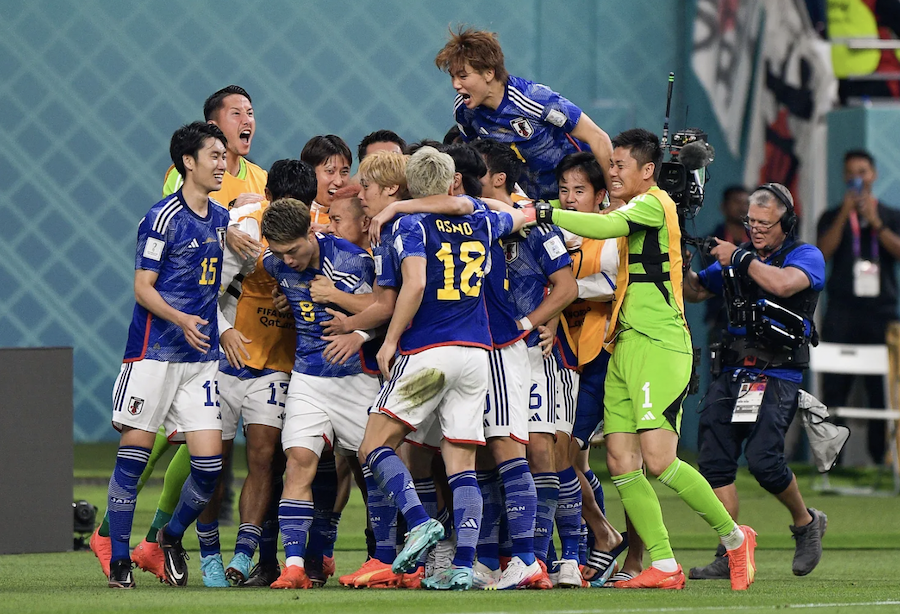
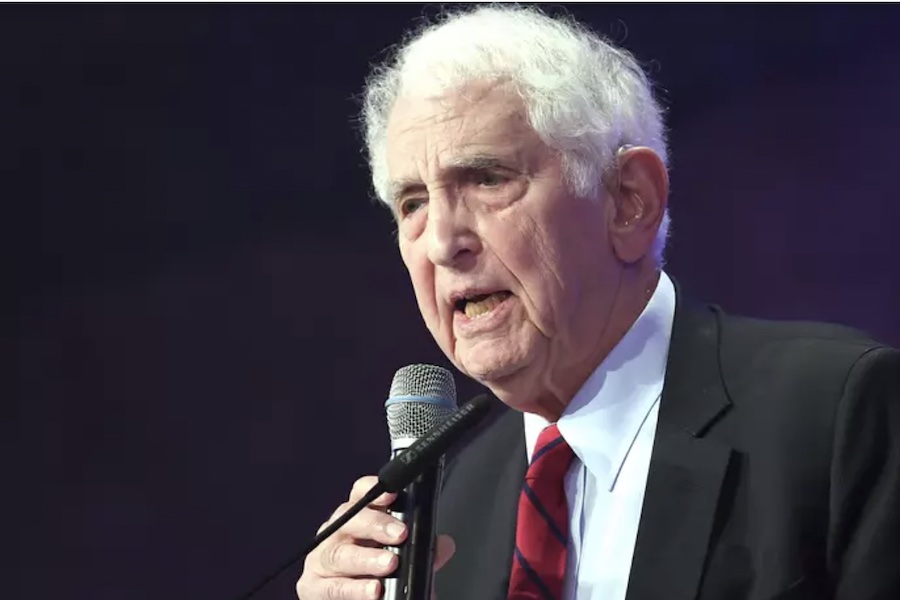
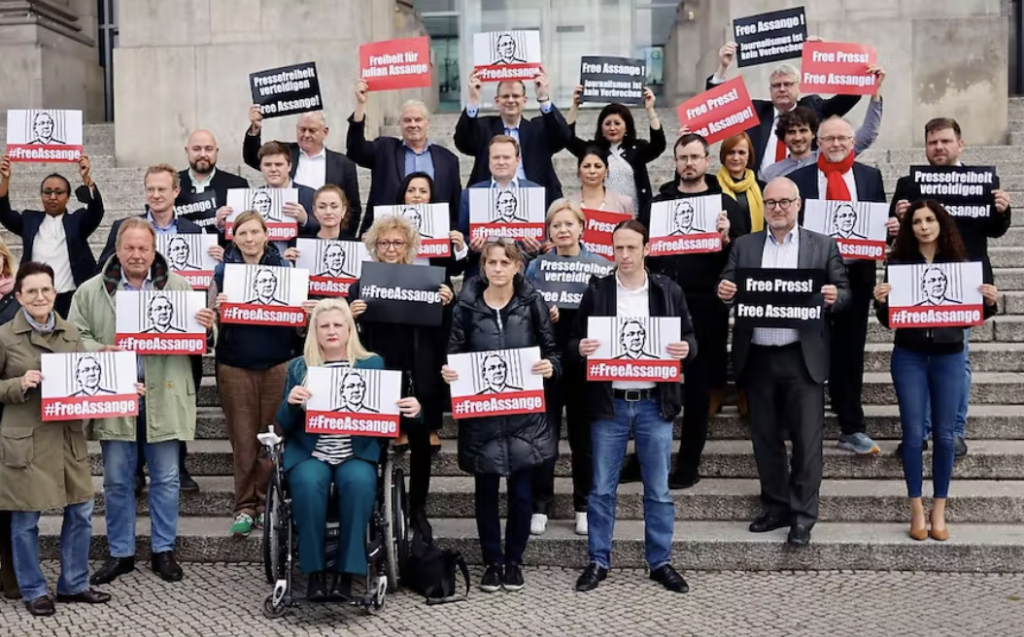
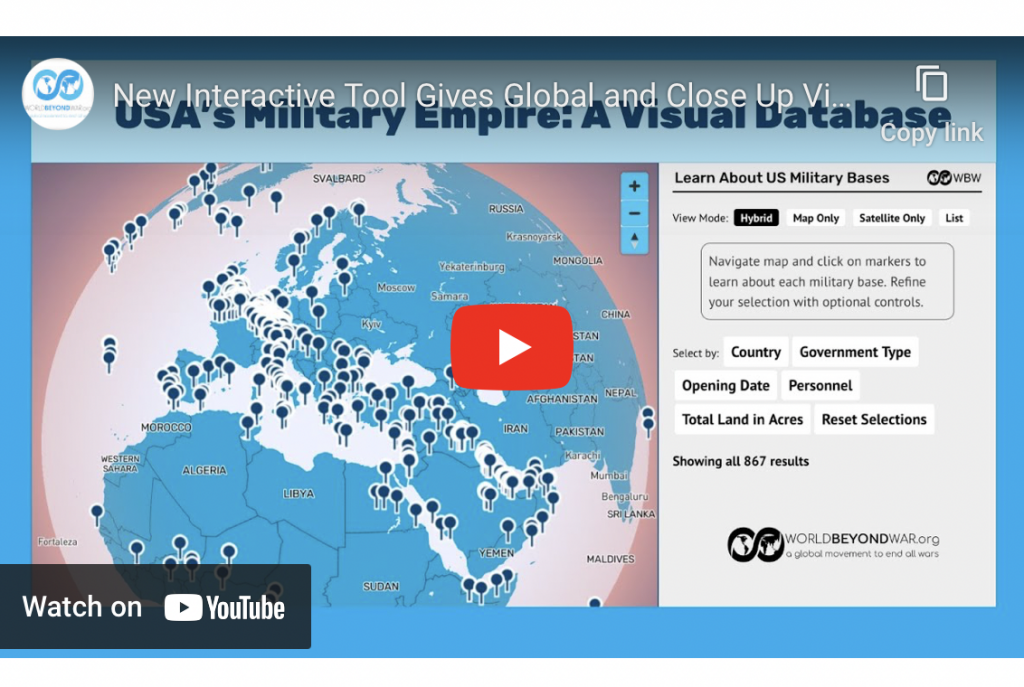 video about the new bases tool
video about the new bases tool


